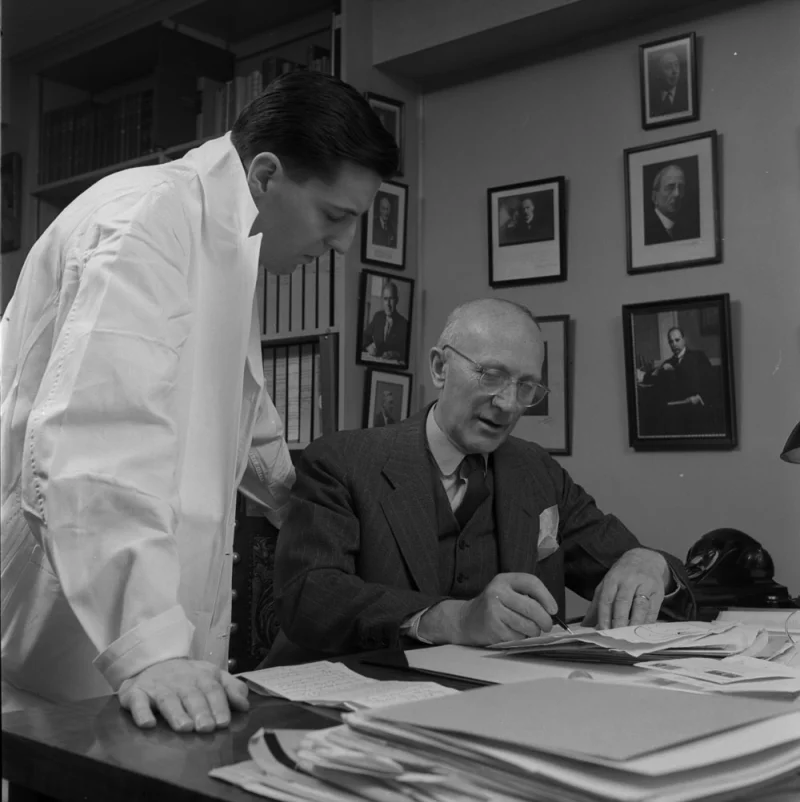Short Summary
George Washington Carver was an American agricultural scientist and inventor who made significant contributions to the development of alternative crops to cotton, such as peanuts, soybeans, and sweet potatoes. He is famous for his work at the Tuskegee Institute, where he developed techniques to improve soils depleted by repeated plantings of cotton. Carver's innovations in crop rotation and his promotion of sustainable agriculture have left a lasting impact on farming practices.
Early Life & Education
George Washington Carver was born into slavery in Diamond, Missouri, around 1864. After the abolition of slavery, he was raised by Moses and Susan Carver, the couple who originally owned his parents. Although he faced significant racial barriers, he pursued education passionately. Carver attended a series of schools before earning his diploma in Minneapolis, Kansas. He later became the first African American to enroll at Iowa State Agricultural College (now Iowa State University), where he earned a Bachelor’s and a Master’s degree in agricultural science. His education laid the foundation for his future innovations in agriculture.
Career Highlights
Carver's career began with a position as a faculty member at Iowa State Agricultural College after completing his Master’s degree. In 1896, he joined the Tuskegee Institute, founded by Booker T. Washington, where he became the head of the agricultural department. At Tuskegee, he conducted groundbreaking research on crop rotation and developed hundreds of products from peanuts, sweet potatoes, and other crops. His work not only aided Southern farmers in improving their livelihoods but also contributed to the broader field of agricultural science. Carver’s efforts were instrumental in transforming agricultural practices in the Southern United States.
Major Achievements
- Developed crop rotation methods: Improved soil quality and promoted sustainable agriculture.
- Created over 300 products from peanuts: Including dyes, plastics, and gasoline substitutes.
- Established the Jessup Agricultural Wagon: An educational tool to teach farmers better farming techniques.
- Received the Spingarn Medal: Awarded by the NAACP for outstanding achievement in 1923.
Famous Quotes
- "Where there is no vision, there is no hope."
- "Education is the key to unlock the golden door of freedom."
Interesting Facts
- Carver was the first African American to attend Iowa State Agricultural College.
- He never married and dedicated his life to research and education.
- He declined to patent his inventions, believing they should benefit all people.
Legacy / Influence
George Washington Carver's legacy is profound in the fields of agriculture and education. His innovative approaches to farming and dedication to improving the lives of poor farmers have had a lasting impact. His work laid the groundwork for modern agricultural practices and sustainability efforts, and he remains a symbol of African American achievement and perseverance.
FAQ
Q: Why is George Washington Carver famous?
A: He is famous for his contributions to agriculture, particularly his development of crop rotation methods and numerous products from peanuts.
Q: What was Carver's most significant invention?
A: While he made many contributions, his development of crop rotation methods was crucial for sustainable agriculture.
Q: Where did George Washington Carver work?
A: He worked at the Tuskegee Institute, where he conducted much of his research.










